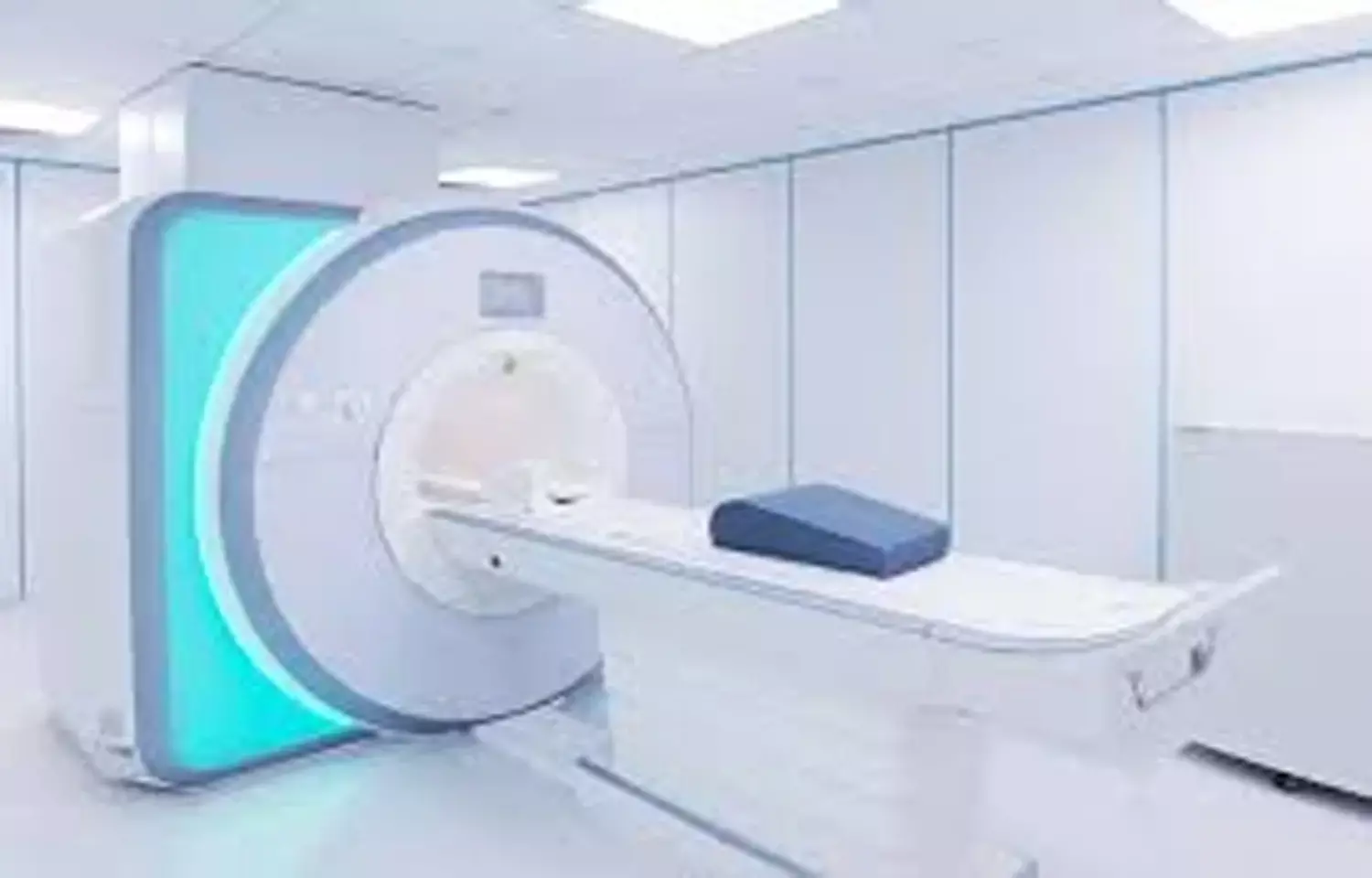- Home
- Medical news & Guidelines
- Anesthesiology
- Cardiology and CTVS
- Critical Care
- Dentistry
- Dermatology
- Diabetes and Endocrinology
- ENT
- Gastroenterology
- Medicine
- Nephrology
- Neurology
- Obstretics-Gynaecology
- Oncology
- Ophthalmology
- Orthopaedics
- Pediatrics-Neonatology
- Psychiatry
- Pulmonology
- Radiology
- Surgery
- Urology
- Laboratory Medicine
- Diet
- Nursing
- Paramedical
- Physiotherapy
- Health news
- Fact Check
- Bone Health Fact Check
- Brain Health Fact Check
- Cancer Related Fact Check
- Child Care Fact Check
- Dental and oral health fact check
- Diabetes and metabolic health fact check
- Diet and Nutrition Fact Check
- Eye and ENT Care Fact Check
- Fitness fact check
- Gut health fact check
- Heart health fact check
- Kidney health fact check
- Medical education fact check
- Men's health fact check
- Respiratory fact check
- Skin and hair care fact check
- Vaccine and Immunization fact check
- Women's health fact check
- AYUSH
- State News
- Andaman and Nicobar Islands
- Andhra Pradesh
- Arunachal Pradesh
- Assam
- Bihar
- Chandigarh
- Chattisgarh
- Dadra and Nagar Haveli
- Daman and Diu
- Delhi
- Goa
- Gujarat
- Haryana
- Himachal Pradesh
- Jammu & Kashmir
- Jharkhand
- Karnataka
- Kerala
- Ladakh
- Lakshadweep
- Madhya Pradesh
- Maharashtra
- Manipur
- Meghalaya
- Mizoram
- Nagaland
- Odisha
- Puducherry
- Punjab
- Rajasthan
- Sikkim
- Tamil Nadu
- Telangana
- Tripura
- Uttar Pradesh
- Uttrakhand
- West Bengal
- Medical Education
- Industry
Cardiac MRI better than echo for predicting chronic aortic regurgitation: EHJ

Spain: Cardiac magnetic resonance (CMR) is beneficial over echocardiography for the assessment of LV and AR in patients with isolated AR, finds a recent study in the European Heart Journal. This is because CMR has superior reproducibility and accuracy for grading severity of the disease.
Timely surgery in chronic aortic regurgitation (AR) is reliable mostly on echocardiography. CMR, however, may be more accurate for quantifying left ventricular (LV) remodelling and regurgitation. Esther Pérez-David, Instituto de Investigación Sanitaria Gregorio Marañón, and CIBERCV, Madrid, Spain, and colleagues compared the technical and clinical efficacies of echocardiography and CMR to account for the severity of the disease, the degree of LV remodelling, and predict AR-related outcomes.
For the purpose, the researchers studied 263 consecutive patients with isolated AR undergoing echocardiography and CMR. They were followed for a median of 33 months.
Key findings of the study include:
- 76 out of 197 initially asymptomatic patients reached the primary endpoint of AR-related events: 6 patients (3%) were admitted for heart failure, and 70 (36%) underwent surgery.
- Adjusted survival models based on CMR improved the predictions of the primary endpoint based on echocardiography: R2 = 0.37 vs. 0.22, χ2 = 97 vs. 49, and C-index = 0.80 vs. 0.70.
- This resulted in a net classification index of 0.23 and an integrated discrimination improvement of 0.12.
- CMR-derived regurgitant fraction (<28, 28–37, or >37%) and LV end-diastolic volume (<83, 183–236, or >236 mL) adequately stratified patients with normal EF.
- The agreement between techniques for grading AR severity and assessing LV dilatation was poor, and CMR showed better reproducibility.
"CMR improves the clinical efficacy of ultrasound for predicting outcomes of patients with AR," wrote the authors. "This is due to its better reproducibility and accuracy for grading the severity of the disease and its impact on the LV. Regurgitant fraction, LV ejection fraction, and end-diastolic volume obtained by CMR most adequately predict AR-related events."
The study titled, "A comparison of the clinical efficacy of echocardiography and magnetic resonance for chronic aortic regurgitation," is published in the European Heart Journal.
DOI: https://academic.oup.com/ehjcimaging/advance-article-abstract/doi/10.1093/ehjci/jeaa338/6041050
Dr Kamal Kant Kohli-MBBS, DTCD- a chest specialist with more than 30 years of practice and a flair for writing clinical articles, Dr Kamal Kant Kohli joined Medical Dialogues as a Chief Editor of Medical News. Besides writing articles, as an editor, he proofreads and verifies all the medical content published on Medical Dialogues including those coming from journals, studies,medical conferences,guidelines etc. Email: drkohli@medicaldialogues.in. Contact no. 011-43720751


